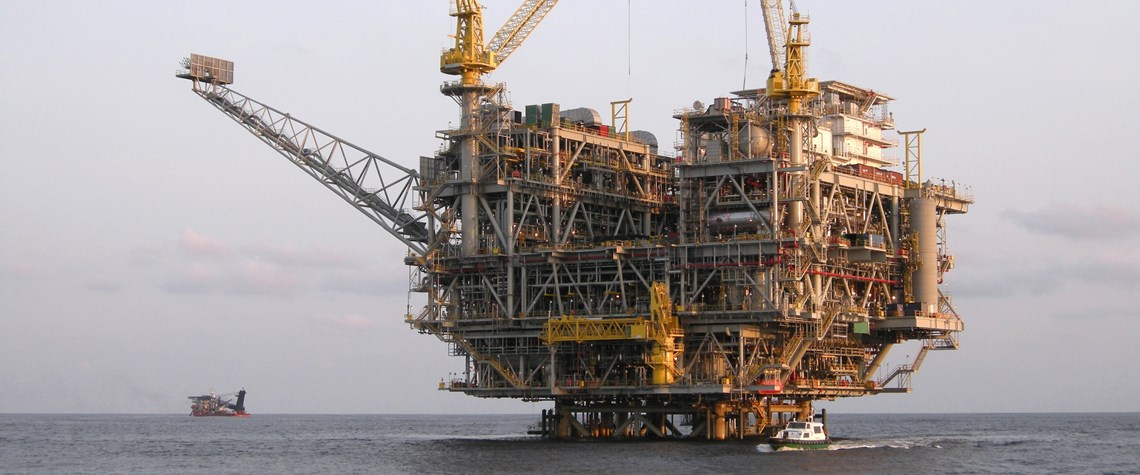Deepwater emerges from its slumber
The post-2014 investment decline can be fully arrested if processes are standardised and regulators become more responsive
A decline in deepwater investment could be halted through a combination of cost control, the standardisation of requirements, and local regulators becoming more flexible, delegates heard at the annual meeting of energy technology heavyweight Baker Hughes in Florence on Tuesday. The long development times—and therefore delay in return on investment—associated with deepwater projects have become particularly problematic since the oil price crash of 2014, but industry leaders are applying innovative approaches with the aim of overcome financial barriers. "We need to be able to develop fields in deepwater much faster than we have done, and to be much more proactive than we have been in the past,

Also in this section
22 July 2025
The gas-hungry sector is set for rapid growth, and oil majors and some of the world’s largest LNG firms are investing in ammonia production and export facilities, though much depends on regulatory support
22 July 2025
Next year’s WPC Energy Congress taking place in April in Riyadh, Saudi Arabia will continue to promote the role of women in the energy sector, with a number of events focusing on the issue.
22 July 2025
Pedro Miras is the serving President of WPC Energy for the current cycle which will culminate with the 25th WPC Energy Congress in Riyadh, Saudi Arabia in April 2026. He has over 30 years of experience in the energy sector, including stints with Repsol and the IEA. Here he talks to Petroleum Economist about the challenges and opportunities the global energy sector currently faces.
17 July 2025
US downstream sector in key state feels the pain of high costs, an environmental squeeze and the effects of broader market trends








